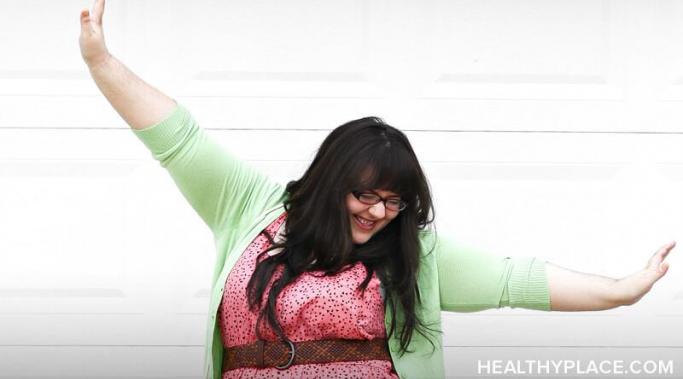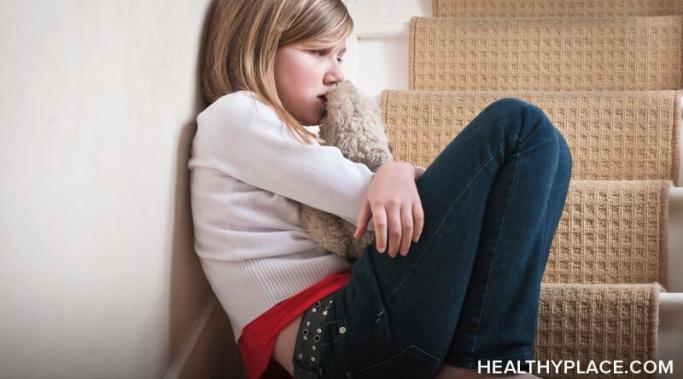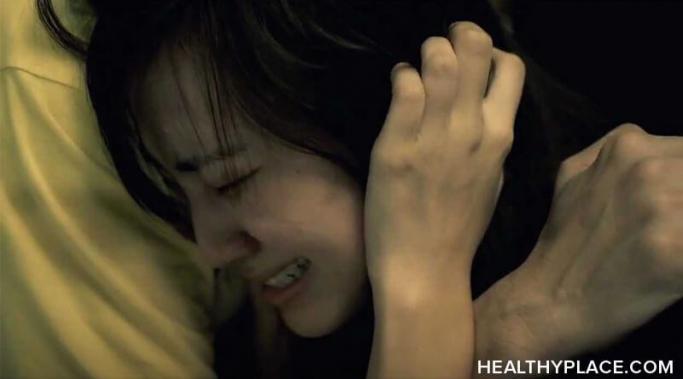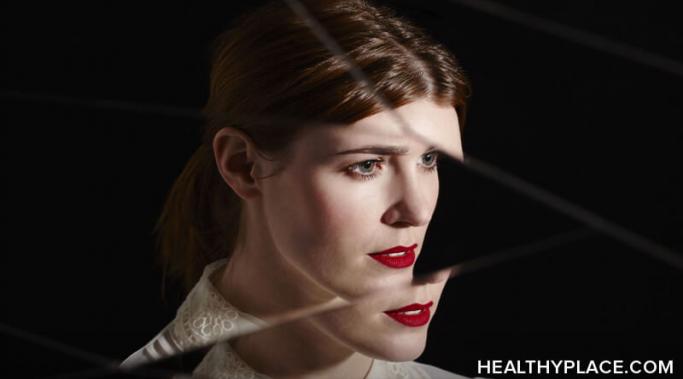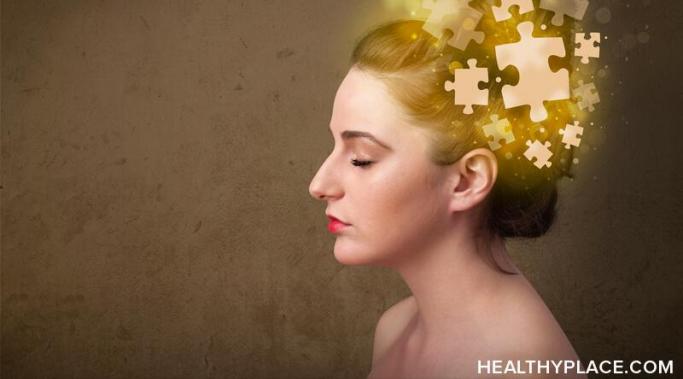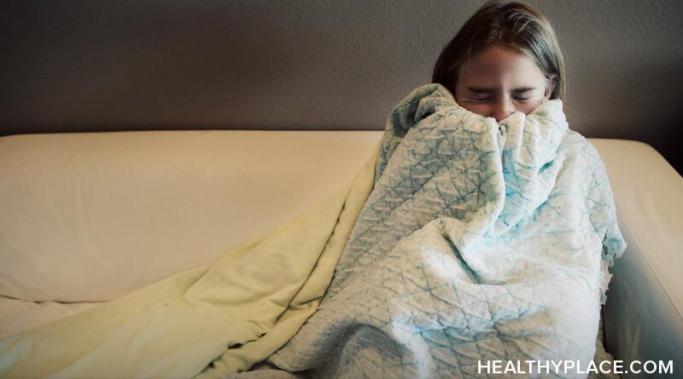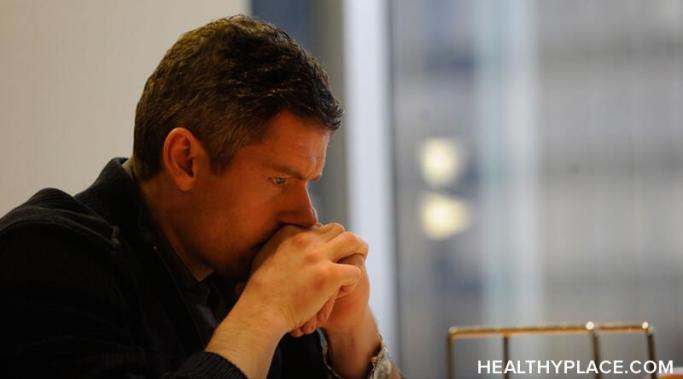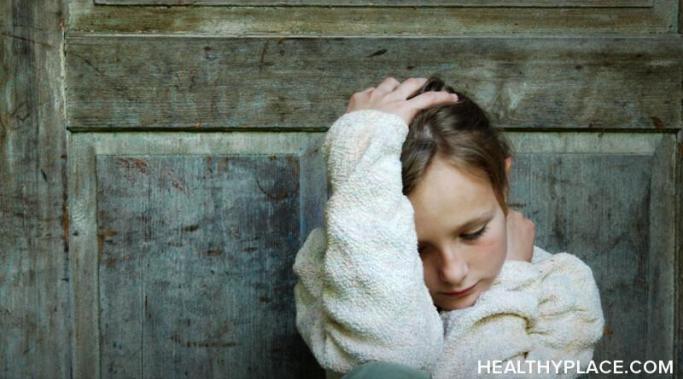I am learning that weight gain in my recovery from depression and anxiety acts as a trigger for those disorders. Last November, I had a baby and I gained a lot of weight while I was pregnant. I knew I wouldn't return to my old size right away, but I assumed it would happen after a few months.
Recovering from Mental Illness
Sometimes childhood trauma is big and obvious, but other times, it's more subtle and insidious. In my case, it took until I was well into my 20s to acknowledge that in many ways, my childhood was traumatic. For a long time, part of me knew that was the case, but I couldn't allow myself to believe it because it would mean everything in my life would change.
I've been in recovery from mental illness for several years now because recovery is a slow, and often lifelong, process. There are many aspects of recovery that I have a pretty good handle on at this point, like opening up in therapy and sharing my experiences with others to make all of us feel a little less alone, but one part that still throws me for a loop every time is the "random" breakdowns in mental health recovery.
One of the most important things I've learned throughout my recovery is that I'm not just recovering from depression and anxiety; I am recovering from negative core beliefs about myself. Now that I have my depression and anxiety managed through medication and cognitive behavioral therapy (CBT), it's time to start changing those negative core beliefs and healing from the damage they cause.
Today in mental health recovery, I'm experiencing dissociation. What is dissociation? Well, for me, I feel oddly disconnected from my body, and like I'm floating through a dream in my real life. I am experiencing dissociation now, and rather than waiting until I feel better, I've decided to make a post in the moment to really show you what it's like.
Growing up, maladaptive daydreaming was a huge part of my life. Of course, I didn't realize it was maladaptive until I went off to college and the daydreams just sort of stopped. I missed them a lot at first, and there are times even now, several years into my recovery from depression and anxiety, that I miss my daydreams.
Many people who experience periods also experience depression in the form of mood fluctuations that can range anywhere from frustrating to debilitating. If you're like me and you're in recovery from a mood disorder like depression, these monthly fluctuations can be a real source of fear and hopelessness.
These first 25 years of my life have been defined by shame; but, for a long time, I thought what I was feeling was guilt, which is a very different emotion. Guilt is a signal from our minds and bodies telling us that something we've done does not line up with our internal moral code. It is focused on our actions, and it can be used to help us grow and become people who act in accordance with our standards. Shame, on the other hand, is a totally different beast.
Learned helplessness is a phenomenon that occurs when someone repeatedly faces negative experiences that they can't control, and eventually, they stop believing they have any agency at all. It's something that sabotages my life over and over.
Making therapy goals is an important part of recovering from mental illness and getting the most out of your therapy experience; but, for a long time, my goals were pretty simple. I just wanted to improve my functioning and reduce my mental illness symptoms. It took a long time and a lot of work, but I'm finally in a place where my functioning level works for my life, and my symptoms of anxiety and depression only pop up every now and again rather than all day, every day. This means now I need to set new therapy goals.
